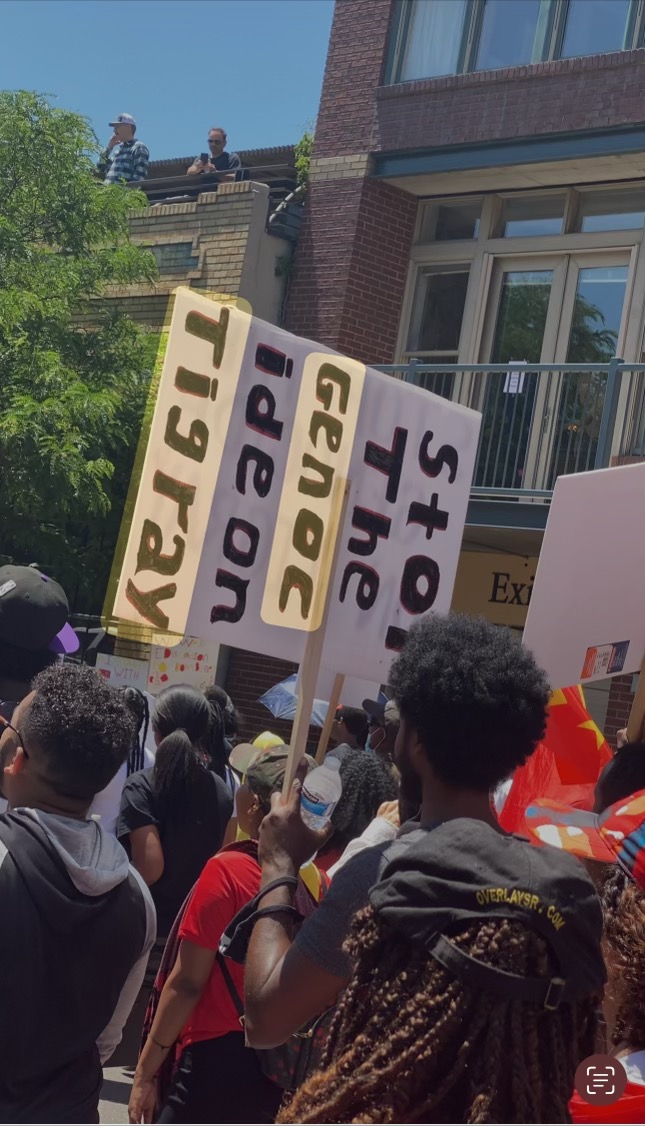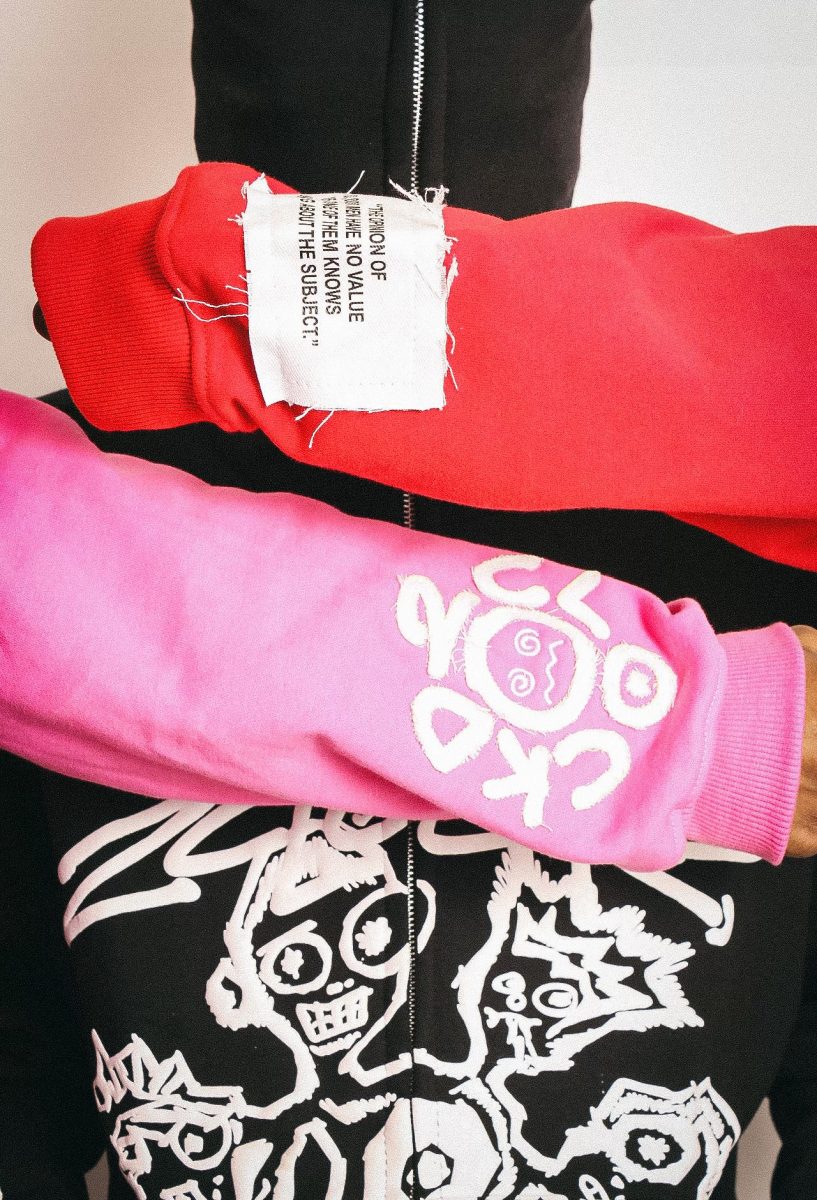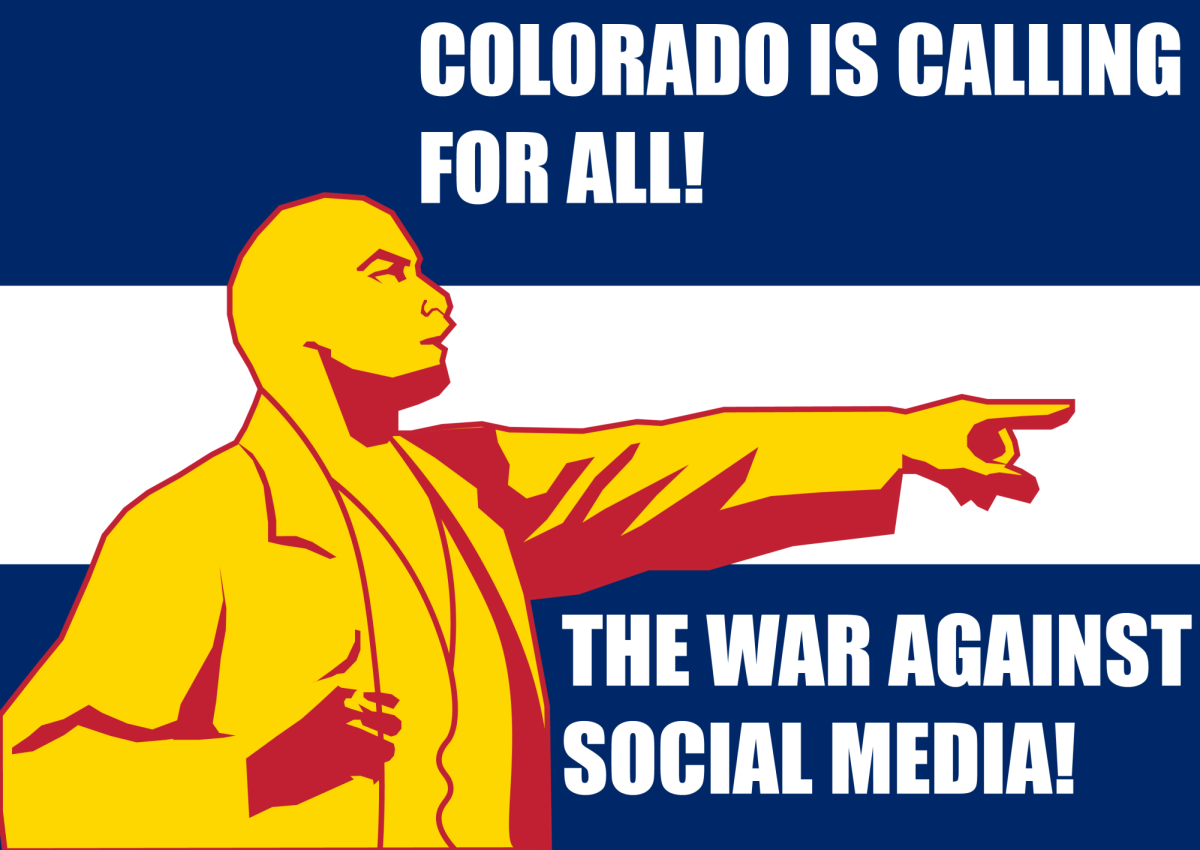I am not the first to inform you that on January 26th, basketball legend Kobe Bryant died in a horrific helicopter crash. Everyone felt it: news of the tragedy spread across the globe within hours of the story breaking, and worldwide grieving was soon to follow.
Frankly, the sheer unanimity of the response to Kobe’s early passing was astounding. It’s rare that a celebrity is so uniformly beloved that practically the entire general public comes together to mourn said celebrity’s death, let alone in such a way that attracts not an iota of backlash from the celebrity’s critics. The scene in Los Angeles that Sunday might as well have been the funeral of a real-life superhero, lending somber reality to the moments we so often munch our popcorn to in Marvel movies.
But the thing is, Kobe Bryant wasn’t a superhero. He was a human being, just like the rest of us.
I hate to be the bearer of bad news here, but as much of a legend as Kobe might have been on the court, there is one major issue from his past that has understandably made people uncomfortable with just how widely his death was met with unqualified devastation: In 2005, Kobe allegedly raped a woman with whom he was cheating on his wife.
And with this information comes an uncomfortable yet all-too-familiar question: how are we supposed to deal with the schism between a celebrity’s accomplishments and controversies?
Should we separate Kobe’s successes from his sins, mourning the loss of his greatness without regard for his alleged misdeeds? Or are we to denounce him all together, employing our collective power to cancel celebrities in hopes of conveying to those in power that society isn’t going to tolerate these kinds of terrible wrongdoings?
But really, posing the issue in terms of binary morality like this only ever leads to endless screaming matches over unquantifiable ethical issues. You can’t prove just how much financially supporting morally-compromised celebrities reinforces their ability to commit misdeeds, nor can you mathematically weigh that against things like how much good or bad mass consumption of their work does for the world at large. At the scale of popularity we deal with in cases of the a cultural icon’s morality, justice breaks down, and so framing the problem in terms of ‘to cancel or not to cancel’ becomes entirely unproductive.
A better question to ask, then, would be this: why do we feel the need to apply this ultra-intense black-and-white morality to celebrities in the first place?
The answer is simple. In contemporary America’s postmodern, hyper-capitalist culture, celebrities have effectively become our gods.
Celebrity as Mythology
Mythology has been a staple of civilization for as long as history can recall. Whether it’s through Zeus or Brahma, Ra or Romulus, the prophet Muhammad or the savior Jesus Christ, humans have always defaulted to embracing fiction as a source of validation for the values of their societies.
Historically, however, these types of cultural legends have always been explicitly supernatural, and in recent decades, America’s willingness to put faith in the supernatural has been in sharp decline. So while conventional religion is still believed in by many Americans, and while the immense popularity of media franchises like Star Wars and the MCU is reminiscent of mythologies past, no fictional text currently serves to occupy the same omnipresent, unconditionally-believed-in place in society that, say, The Odyssey did for the ancient Greeks.
But of course, the mythological void hasn’t gone unfilled, for in recent decades, the implicit mythology of the celebrity has emerged in the place of godhood.
Micheal Jordan. Miley Cyrus. Scarlet Johansson. It’s near-impossible to find someone who isn’t familiar with at least one of these names, and why wouldn’t it be? People like them symbolize the realization of our central cultural myth – the American Dream.
Validation of the American Dream lies at the heart of what it means to be a celebrity: look at Jeffree Star’s branding of himself as a self-made millionaire. Look at popular vloggers on YouTube feeling the need to constantly call attention to their own success. Look at how practically every popular rapper of our time writes songs upon songs flexing both their massive wealth and the hard work it took to accumulate it. These people paint themselves as living testaments to the idea that with enough effort and willpower, anybody can rise to the highest echelons of our society.
And it’s not only the idea that anyone can become rich and powerful, either, it’s that anyone can be rich, powerful, happy, kind, and inhumanly beautiful, all while bringing entertainment to millions along the way. It’s the ultimate affirmation of the American contradiction between capitalist egoism and democratic altruism; again, real-world mythology. Celebrities are constituted in the public consciousness as the ideal embodiments of American aspirations, monuments to the values that define our culture.
But again. Celebrities. Aren’t. Superheroes. Nobody is.
Inevitably, people make mistakes, as the cases of Michael Jackson, R. Kelly, XXXTentacion, and dozens of others make all too clear. And in fact, anybody who’s been put into a position social prominence like this is actually far more likely to commit some terrible crime – psychologically, that’s just what humans do with power. The reason so many celebrities are drug addicts, abusers, and rapists is that human beings aren’t capable of dealing with the immense level of fiction-like idealization we ascribe to our celebrities.
And yet, this very mythologizing is the reason why most people feel such an intense need to hold celebrities to the one-strike-you’re-out moral standards that dictate cancel culture. Nobody wants to believe that their heroes are anything short of flawless, not only because of how much of a personal letdown that might be, but also because celebrities are supposed to represent the values championed by our culture. And if our culture champions drug addicts, abusers, and rapists, what does that say about us?
So, what do we do?
Unfortunately, the deadlock between the human longing for mythology and the human inability to live up to fiction is one that is deeply baked into our culture. Religion is dead at the hands of postmodernity, and capitalism has been glad to replace it with an endlessly-profitable cult of celebrities.
So if the moral issues raised by the misdeeds of celebrities are irresolvable, and if those issues are inevitable under postmodern capitalism, that only leaves one option: revolution.
Changing culture itself, ending the creation of these mythologies of a superhuman achievement in the face of insurmountable adversity – that is the only way we’re going to prevent the constant arisal of issues regarding how we treat the legacies of people like Kobe Bryant.
So work to stop paying so much attention to the lives of celebrities, to stop paying for any more for their work than necessary. And above all all, work to end the capitalist nightmare of fictionalization and mythologizing that produces the infinite torrent of celebrity rises and downfalls which dominate contemporary culture wars in the first place.
The saying goes “never meet your heroes,” but if you actually want to make the world a better place, you’re better off not creating them to begin with.








![The Fusses of Not Having Late Busses [ Opinions ]](https://ghschronicle.com/wp-content/uploads/2023/12/IMG_9656-1200x900.jpg)
![“The Get Down”: A Netflix Series That Deserves More Love. [Opinions]](https://ghschronicle.com/wp-content/uploads/2024/03/The-Get-Down-900x1200.png)


![The Poor Truth Behind Sweatshops and the Fashion Industry [Opinions]](https://ghschronicle.com/wp-content/uploads/2024/03/processed-E5E6063A-F573-47AF-A68B-F6CE4784D2C3-820x1200.jpeg)

